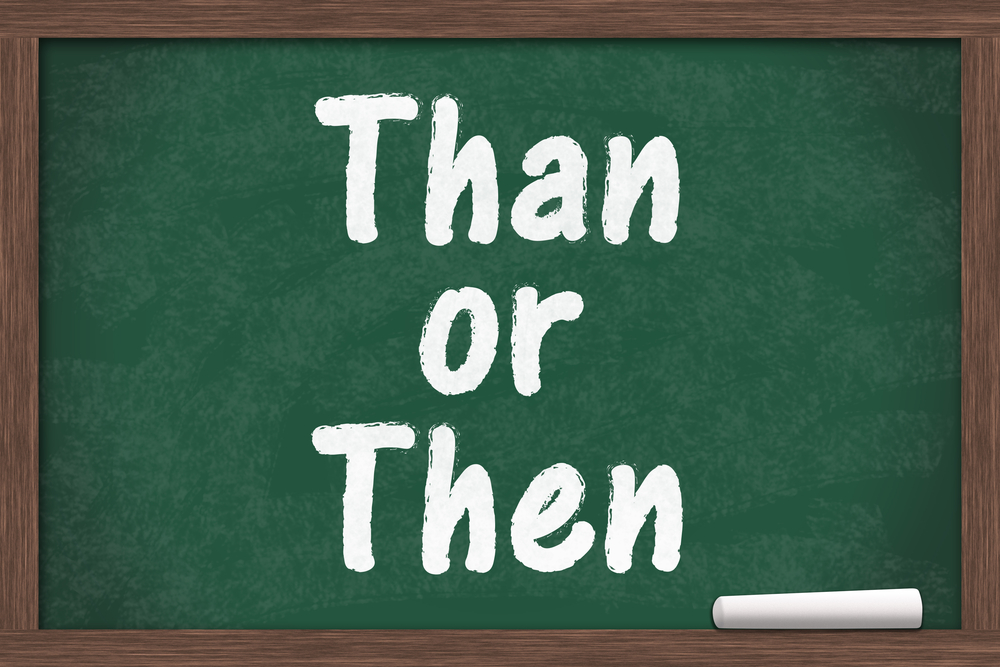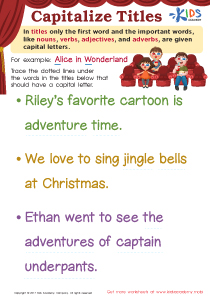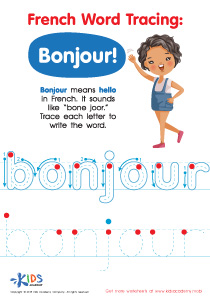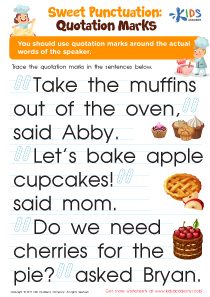Spelling practice Extra Challenge Grammar Worksheets for Ages 4-9
7 filtered results
-
From - To
Unlock your child’s potential with our Spelling Practice Extra Challenge Grammar Worksheets, designed for ages 4-9! These engaging worksheets provide a fun and interactive way for young learners to enhance their spelling skills and grasp essential grammar concepts. Each activity is tailored to challenge aspiring writers while promoting creativity and confidence in their abilities. With a variety of creative exercises, your child will not only practice spelling but also strengthen their understanding of sentence structure and vocabulary. Ideal for classroom use or at-home learning, these worksheets are the perfect resource to support your child’s educational journey and foster a love for language!
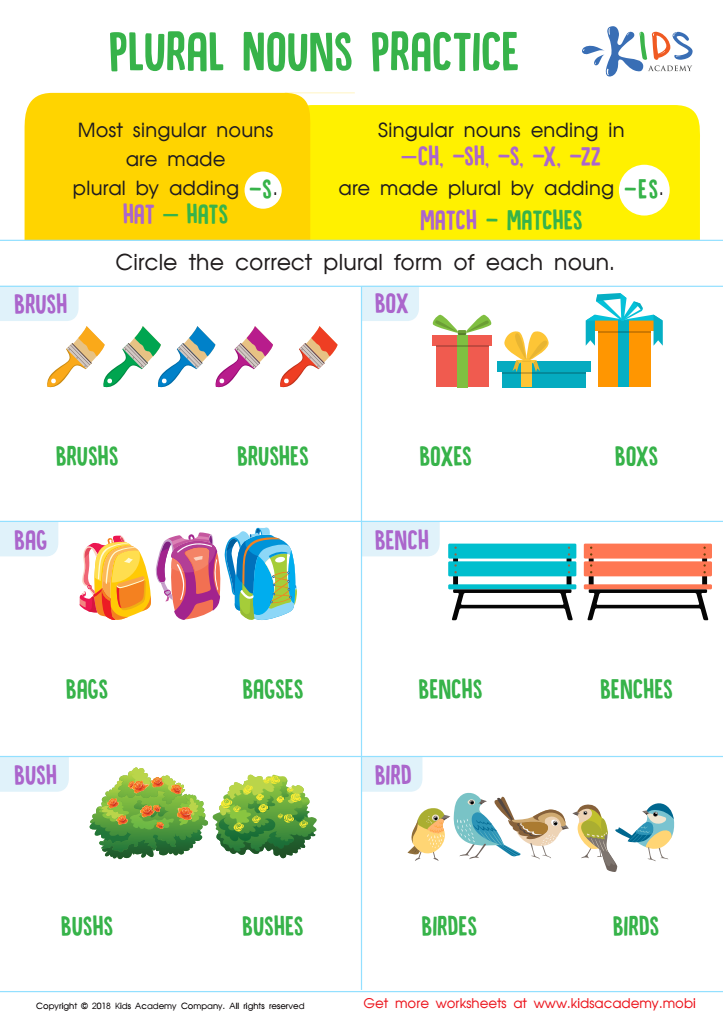

Plural Nouns Practice Worksheet
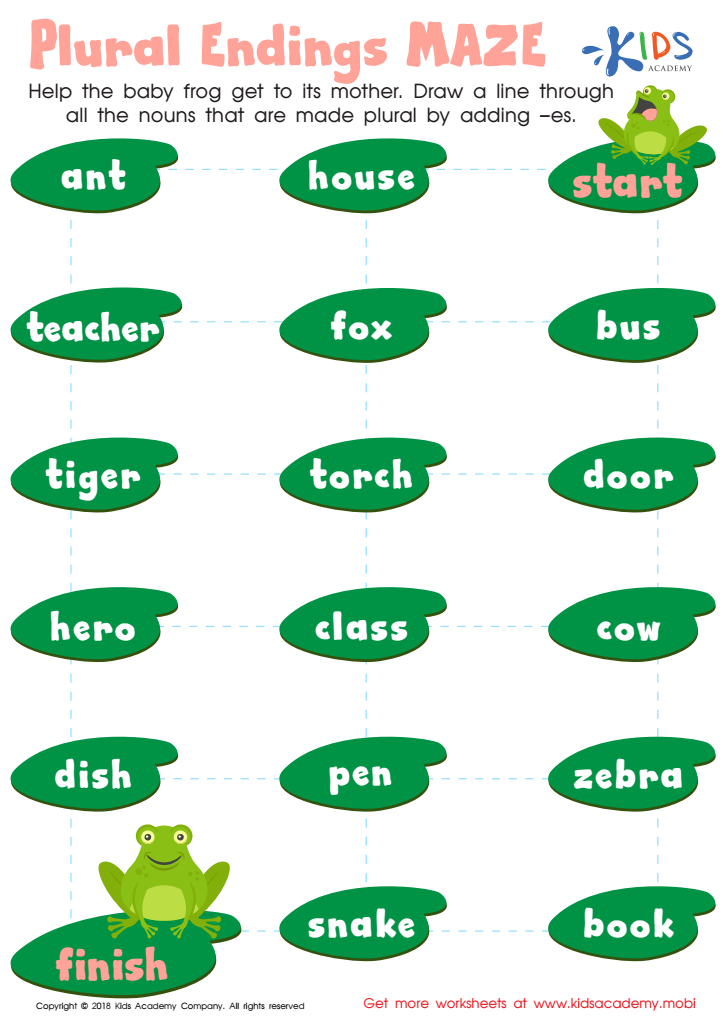

Plural Endings Maze Worksheet
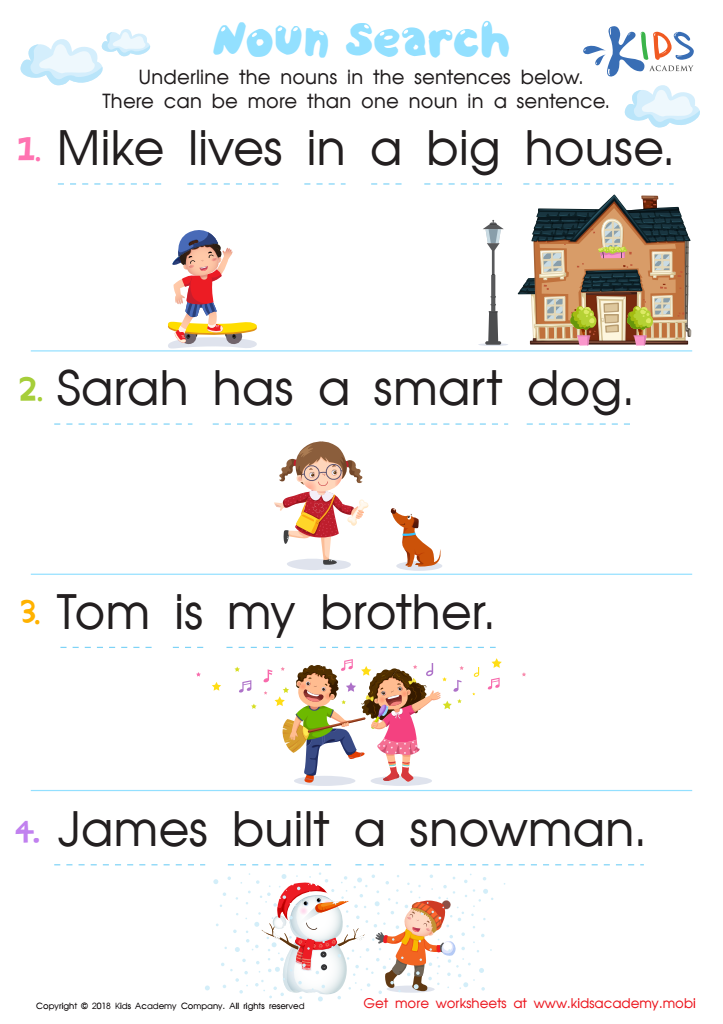

Noun Search Worksheet
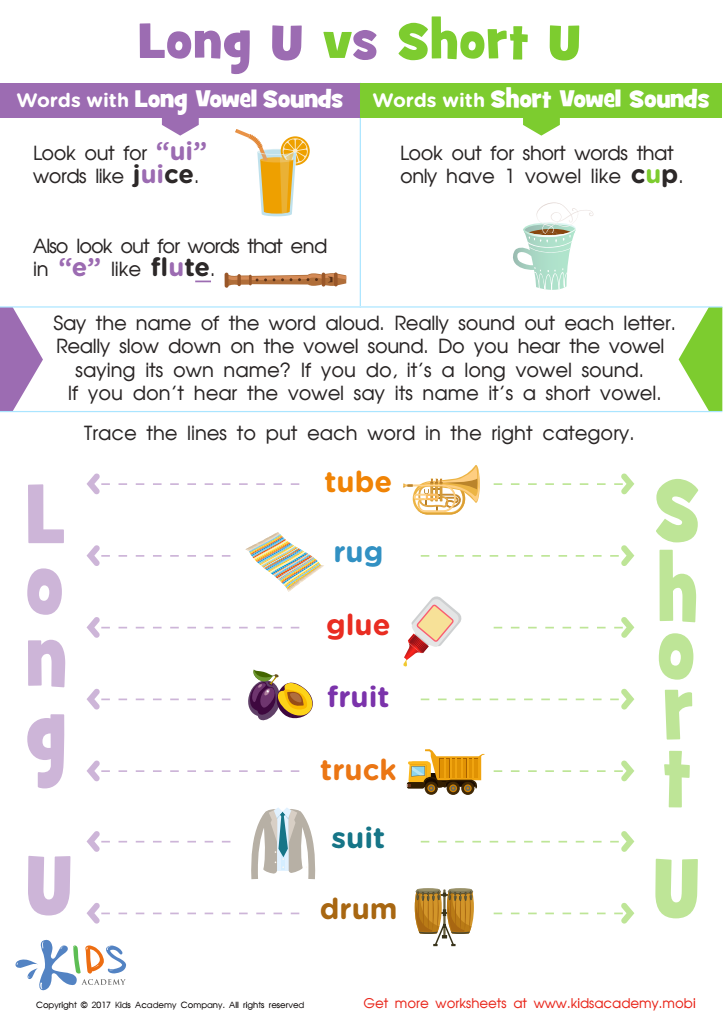

Long and Short Vowel U Spelling Worksheet
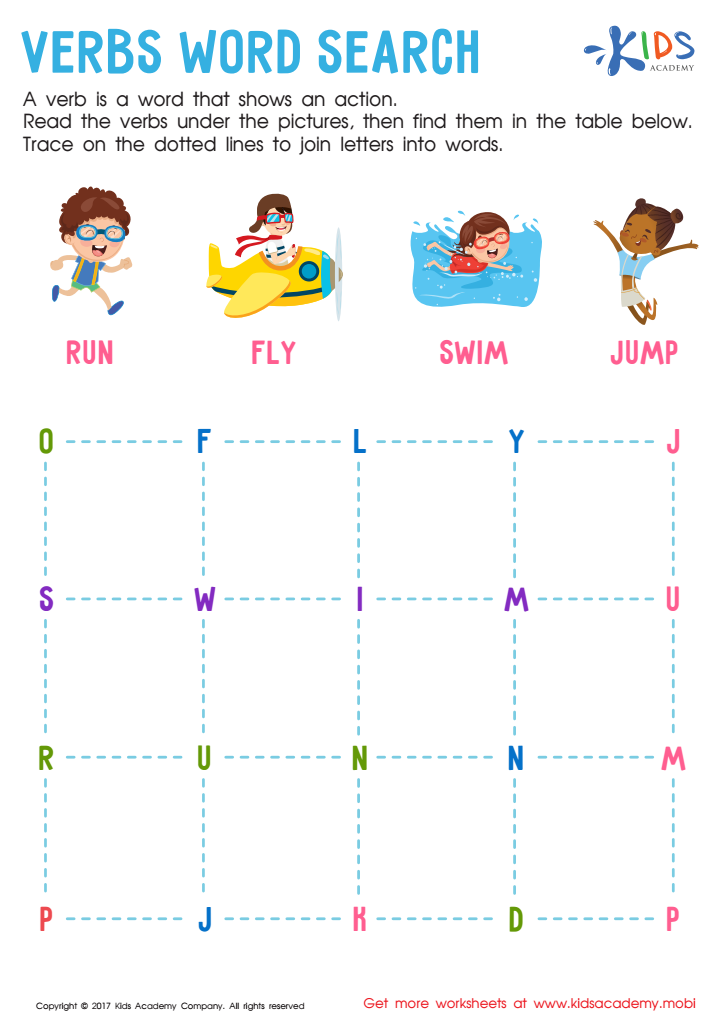

Verbs Word Search Worksheet
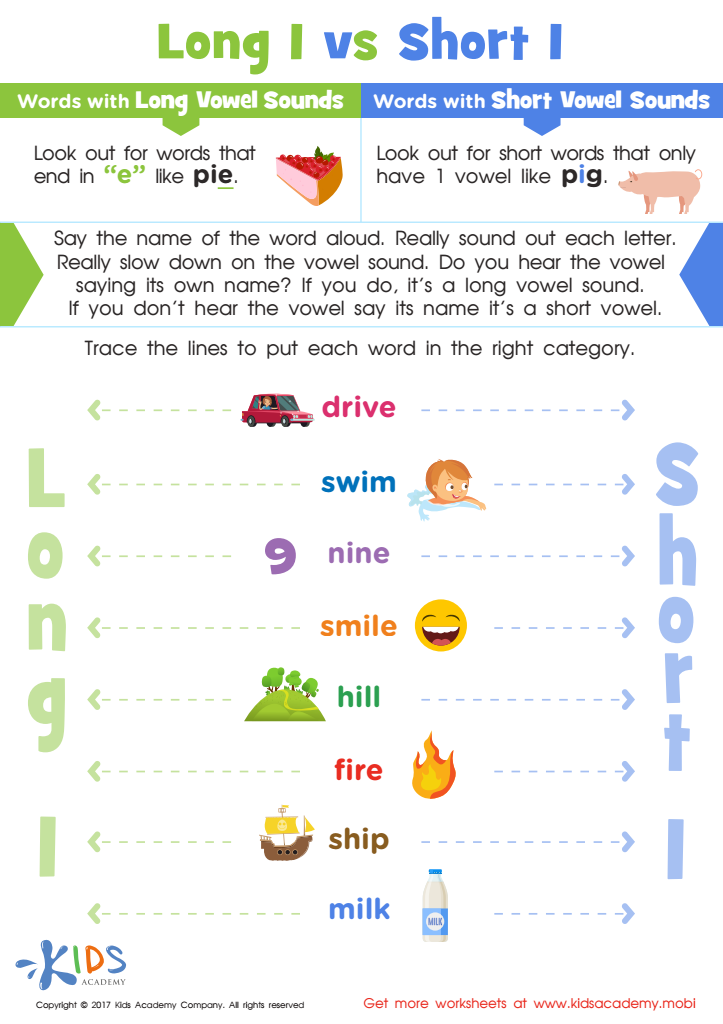

Long and Short Vowel I Spelling Worksheet
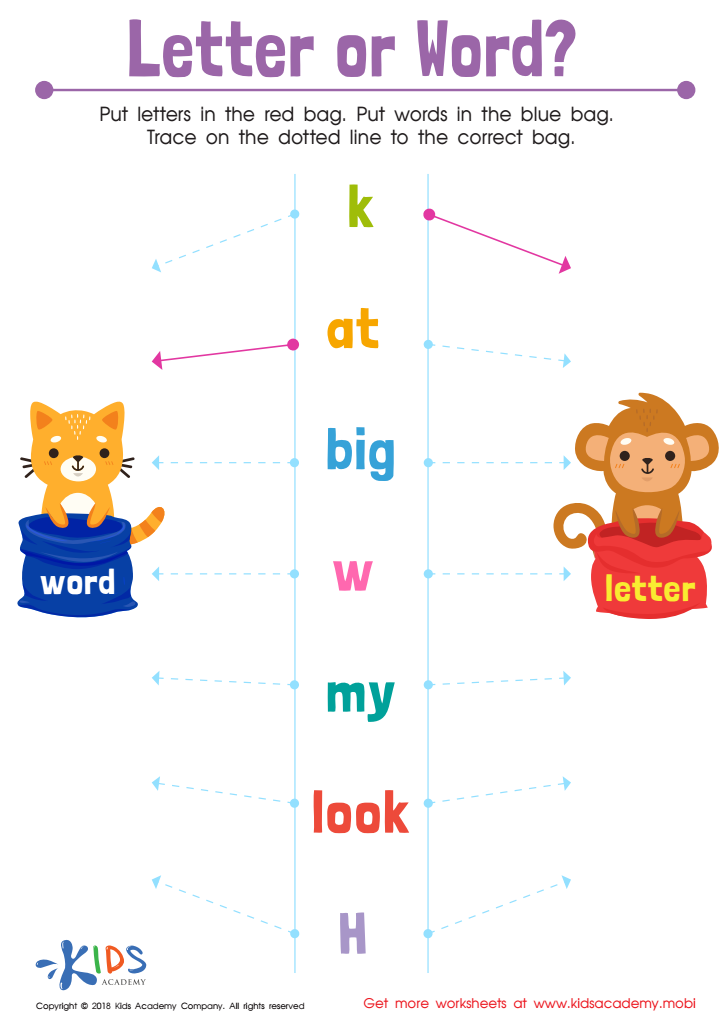

Letter or Word? Worksheet
Spelling practice and grammar skills are fundamental building blocks for children’s literacy development, particularly for ages 4-9, a critical period for language acquisition. Parents and teachers should prioritize "Extra Challenge Grammar" as it offers young learners the opportunity to engage with language in a meaningful way, reinforcing their reading and writing skills.
Fostering spelling proficiency aids students in decoding words, enhancing reading fluency, and improving their confidence in writing. Moreover, mastering spelling can greatly influence a child’s ability to express thoughts clearly, ultimately affecting their overall academic success.
Furthermore, a structured grammar program helps children understand sentence structure, punctuation, and parts of speech, making their communication more effective. This knowledge fosters critical thinking and creativity, allowing children to experiment with language as effectively as they do with art or science.
Additionally, these skills directly correlate with future academic endeavors, as a strong foundation in spelling and grammar facilitates better performance across subjects. Overall, investing time in spelling practice and grammar challenges nurtures proficient readers and writers, equipping them with essential skills for lifelong learning and success. Engaging children with these skills now lays the groundwork for their future communication abilities.

 Assign to My Students
Assign to My Students




